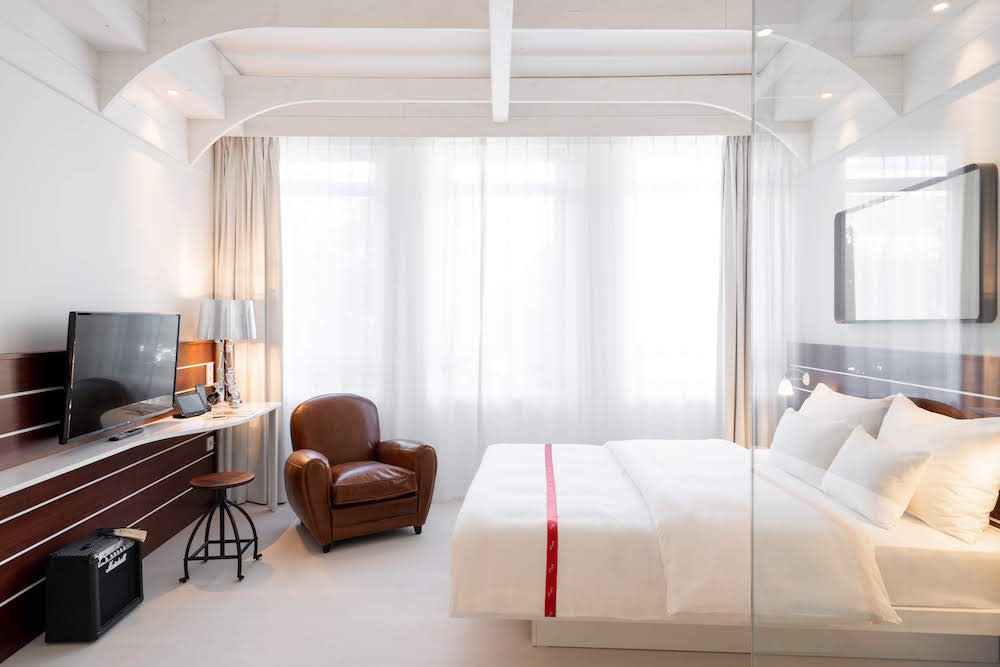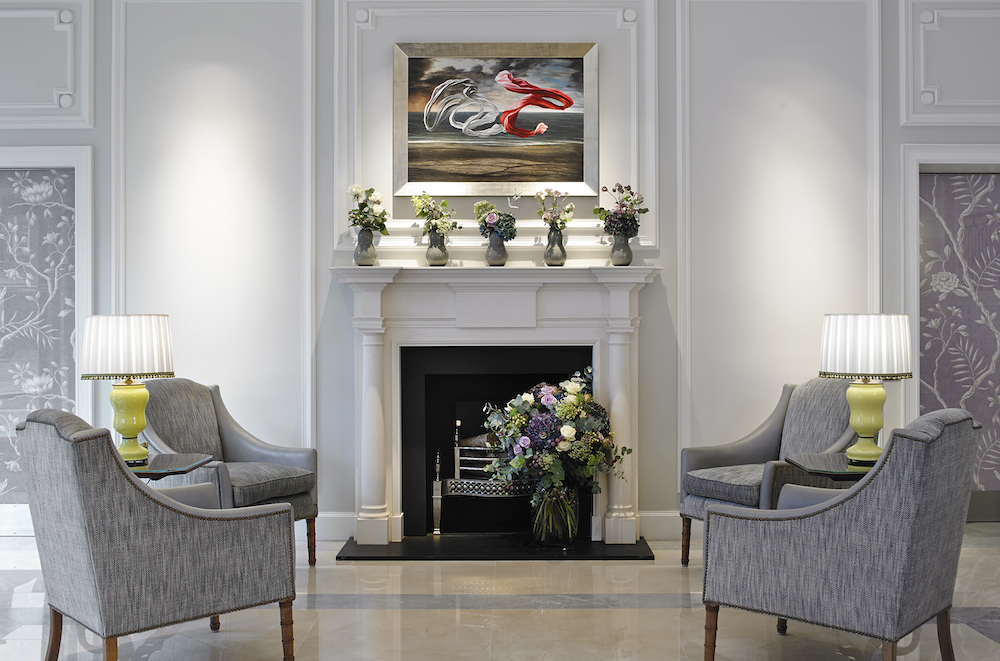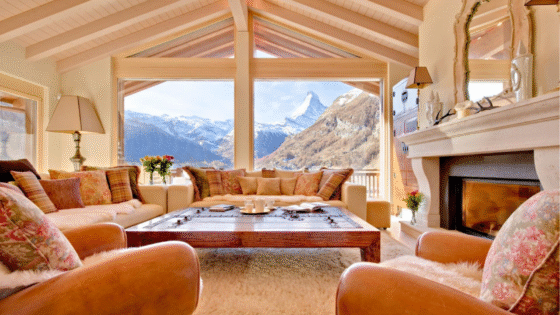Tom Bishop, Director of Project Management at Concert, is here to offer some clarity and perspective on the current Covid-19 situation and answer how the pandemic will impact the hotel design community…

Using the word ‘post’ in the title seems very optimistic when we consider the current situation. Covid-19 has had a huge impact and the challenges ahead will require innovative solutions, and the design and build sector has a big role to play in this new landscape.
Wings may have been clipped by the travel ban during this pandemic but the desire to travel and see new horizons hasn’t gone away, so building confidence around health and safety will be paramount to getting customers back. In the short term, there is likely to be renewed interest in staycations, getting away from it all but without getting on a plane – with the added attraction of supporting UK-based businesses.
Marrying safety and socialising successfully is going to take invention and those hotels that will come out of this crisis stronger will be the ones that rise to the challenge. Terraces, balconies and outdoor space are already prime assets and will continue to be so.
Sustainability has risen up the agenda. While greener buildings became a ‘nice to have’ rather than a ‘must-have’ after the 2008 financial crash, the world has moved on since then. During the lockdown, health and well-being have become intrinsically linked with the environment – the dramatic improvement in air quality from travel being limited has been plain to see.

Image credit: Ruby Lucy
So what does all this mean for the design and development of hotels?
There will inevitably be a drive towards value and efficiency to reduce costs whether that is in the operation of the hotel or in how it is built.
Space and design will need to reflect new concerns about safety and sustainability and will be paramount in attracting and building a customer base. Health and wellbeing will become the new currency, not just for hotels but the entire hospitality and entertainment sector.
Cleanliness will need to be more visible as customer and client expectations will be different – could we see the return of staff in white gloves calling a lift, even temporarily? Simpler design with easy to clean surfaces will help reduce the time and cost of extra cleaning and services. And there will be a move to minimise visits to and from rooms such as more in-room dining, which may require a re-configuration of space to accommodate a suitable table.
Self-contained space such as that offered by apart-hotels will inevitably become more desirable while hotel restaurants will need to accommodate at-seat service rather than a buffet-style food offer.
The use of technology for guest and staff functions will accelerate. Already some hotels allow you to check-in online and download an electronic room key to your phone so that you can go straight to your room. Such applications can help to reduce crowding and queues in reception areas. Similarly, heating and lighting in rooms can be controlled by a phone app to reduce the need to touch switches.

Image credit: Marriott Hotel Park Lane
Less will be more, for a time at least…
Communal areas will need to allow space for social distancing and places that can introduce discreet, well-designed safety measures such as shielding screens and hand sanitisers will no doubt be winners, particularly for higher-end hotels.
The drive to increase energy efficiency and reduce waste will make environmental concerns and the need to reduce costs in the longer-term good bedfellows.
Modern methods of construction (MMC) will no doubt prove pivotal for new builds. The construction industry has long been a creature of habit, slow to evolve, but this is the most convincing catalyst for change in more than a century and hotels will benefit.
Swift construction of a hotel is necessary so that operators can start getting a return on their investment and also respond to demand. Imagine cities with a ‘creaking’ hotel infrastructure who have won a bid to host a major event e.g. summer or winter Olympics that will attract people from all over the world, with only a few years to prepare. Over that time period, only a few conventionally constructed hotels would be completed, but with an offsite construction plan, many more will be built, leading to a far more successful build schedule and event for all involved.
“Social distancing will relax in time, but lessons will be learned and businesses will be better prepared” – Tom Bishop, Director of Project Management at Concert.
The goal is to save time and money and, of course, time translates into money. This saving also allows operators to offer customers a product of excellence at a lower price. Thanks to the factory production of rooms, operators are able to offer up to a four-star hotel at a much more reasonable price. This method saves a lot of time when building a hotel. Development time can be reduced by 35 per cent – this will off-set the increased time in traditional construction methods, which contractors are reporting are +35 per cent due to social distancing measures.
You could argue that much that is changing during this period will be temporary – how long will reception staff need to be behind Perspex? Social distancing will relax in time, but lessons will be learned and businesses will be better prepared should there be another pandemic in the future.
What this period will do is accelerate changes that were already starting to happen and this is a prime opportunity for both hotel design and construction to adapt, become more efficient and resilient.
About Concert
Concert and Bishop have worked on and delivered more than 3,000 hotel keys (three star to five star) in the UK and Europe. Concert and Bishop’s previous project experience has included Four Season’s Park Lane, The Marriott Park Lane, Canopy by Hilton (Aldgate), Staycity Aparthotels, Holiday Inn & Expresses, Hilton Green Park (refurbishment to an Iconic Luxury), ibis styles (various for Accor), Ruby Lucy on Lower Marsh Street (Waterloo), Dolce Sitges refurbishment and the re-brand of the former Ace Hotel Shoreditch.
Concert acts as development, project and cost managers, forming the link between funder, planners, developers, its professional team and the contractors. The company manages the construction and or refurbishment of Hotels where the requirements of the developer, freeholder, funder, design team, contractor, brand and operator must be managed.
The firm understands that construction projects are complex; having the requirement to finish within a defined timeframe, with budgetary targets and involve the integration of multiple stakeholders and participants throughout the lifecycle.
Concert’s approach to Project Management is to work collaboratively with all members of the project team to minimise risk, maximise opportunity and ultimately give delivery and cost certainty throughout the project. Concert looks to provide a focal point for the project team and proactively lead and oversee all project activities ranging from planning, coordination, scheduling and cost control, to design, construction to final commissioning and handover. The firm’s approach to cost management is to undertake feasibility studies, budget appraisals, cost planning and reporting, procurement, tendering, forecasting cost to complete and project closure.
Concert is one of the brands that has taken advantage of our Industry Support Package. To keep up to date with supplier news, click here. And, if you are interested in also benefitting from this three-month editorial package, please email Katy Phillips by clicking here.
Main image credit: Concert




